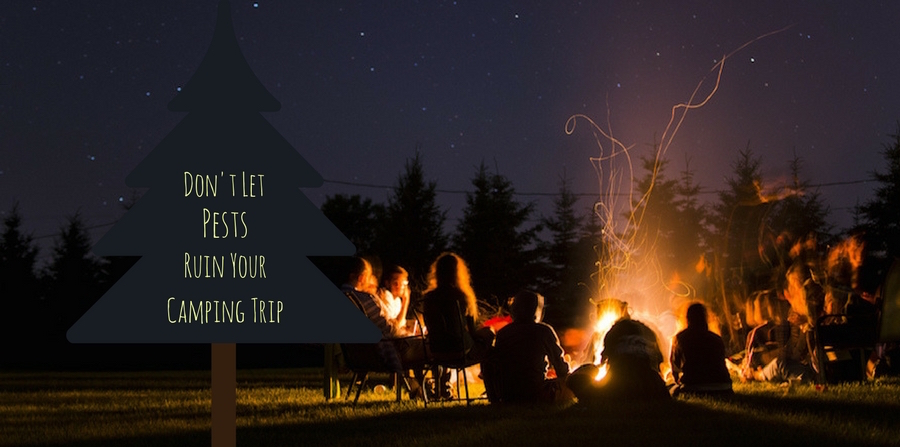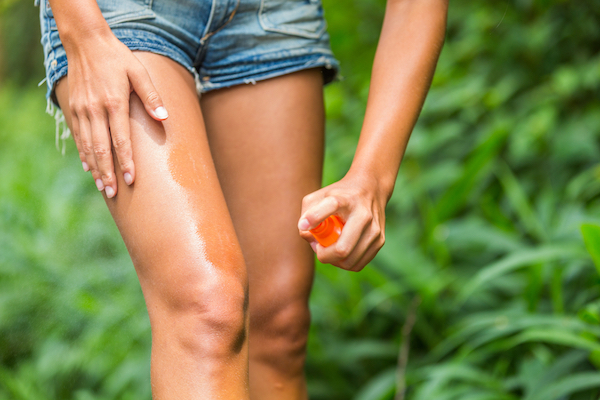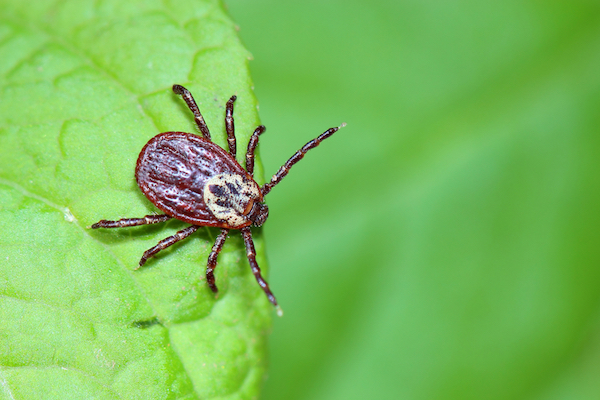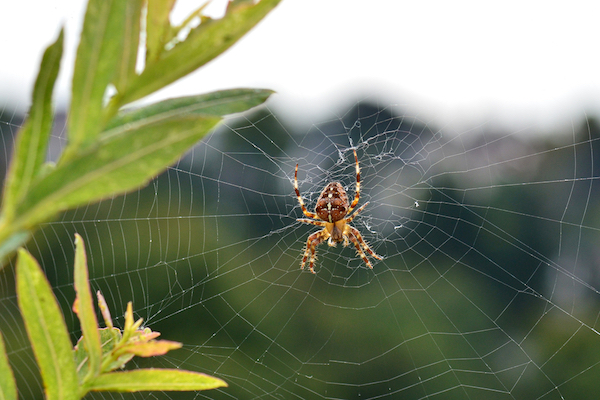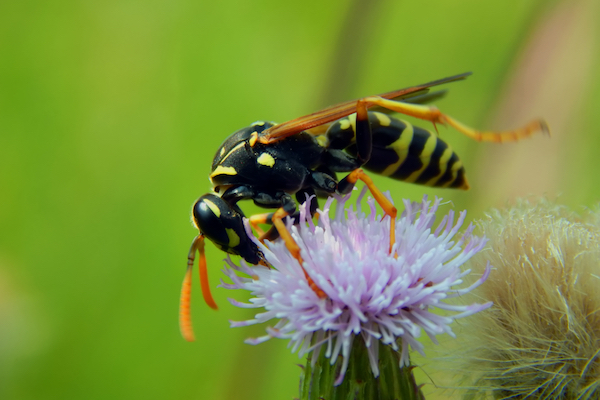How you water your lawn has a large impact on your lawn’s health. And that’s not just because too little water can lead to dry patches. Watering your lawn too much can be just as bad–and maybe even worse. It can stunt root growth and cause lawn diseases. It also serves as an open invitation to mosquitoes. That’s right: overwatering your lawn attracts mosquitos.
How Does Overwatering Your Lawn Attract Mosquitos?
An oversaturated lawn is like a day at the beach for mosquitoes. The grass forms a thick layer of thatch, which protects them from sunlight, predators, and even pesticides. This allows mosquitoes to congregate in large numbers safely, at which point they start breeding, and rather than a few annoying buzzers in your ear you’re suddenly dealing with a whole swarm.
Try not to overwater, and make sure your lawn has good drainage. This will give you a healthier yard overall, and one that’s less likely to harbor mosquitoes.
Avoid Squishy Soil
The easiest way to know if you’re watering your lawn too much is the “step test.” Wait a few hours after your next watering, then step on the grass in a few different places. Soil with adequate drainage should feel normal. If, however, the lawn feels squishy or soggy where you stepped, you should water less.
Watch Out for Weeds and Fungus
In a properly watered yard, mushrooms and weeds should be relatively rare because the grass absorbs most of the water. When you water excessively, weeds and fungi are able to get the water they need to grow and produce. And it’s a vicious cycle, too: weeds and fungi attract pests, which further degrade your enjoyment of your yard.
Runoff Strips Nutrients from Your Lawn
Soil has a saturation point. Once it reaches that point, it’s unable to absorb any more. But the excess water has nowhere to go–so it turns into runoff. This runoff siphons off important nutrients as it flows into the sidewalk and gutter. This leaves your lawn less healthy overall, and less able to fend off diseases, pests, weeds and mushrooms.
Prevent Mosquito Outbreaks by Saving Water
Unless you’re in the midst of a heatwave, and even then, your lawn probably doesn’t need daily watering. Experts say that the ideal amount is about 1 – 1 ½ inches per week. That breaks down to about thirty minutes of sprinklers three times per week. So, give it a shot and see how your lawn responds. Less water will save you money on your monthly bill, and it’ll help mosquitoes to buzz off!
Experienced and Trusted Local Mosquito Control
Let’s say you’ve done everything you possibly can to prevent them, but your lawn is attracting mosquitos anyway. Well, that’s Michigan for you. But don’t worry–the expert exterminators at Griffin Pest Solutions can help. Our technicians will find the source and eliminate all of your mosquitoes and their eggs, so you can go back to enjoying your yard. We’ve been serving MI since 1929–over 90 years!–and we’d be proud to serve you.

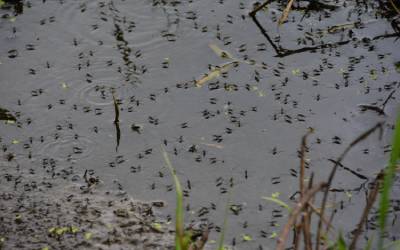
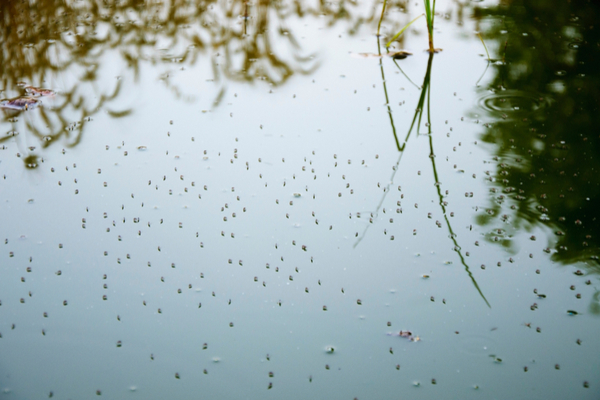
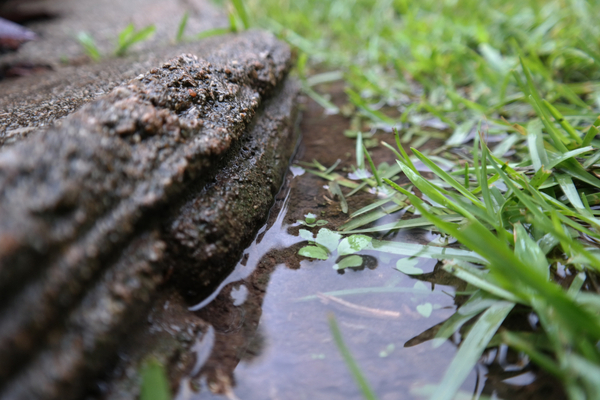
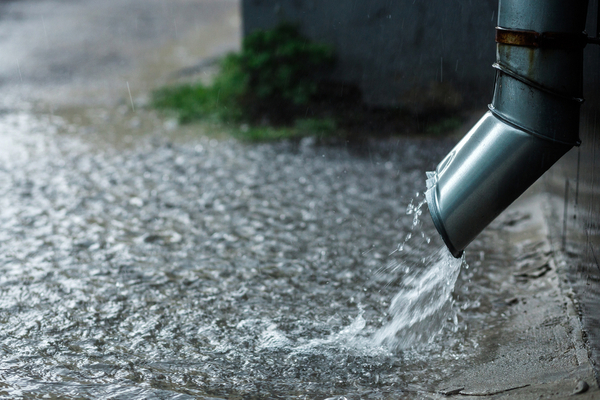
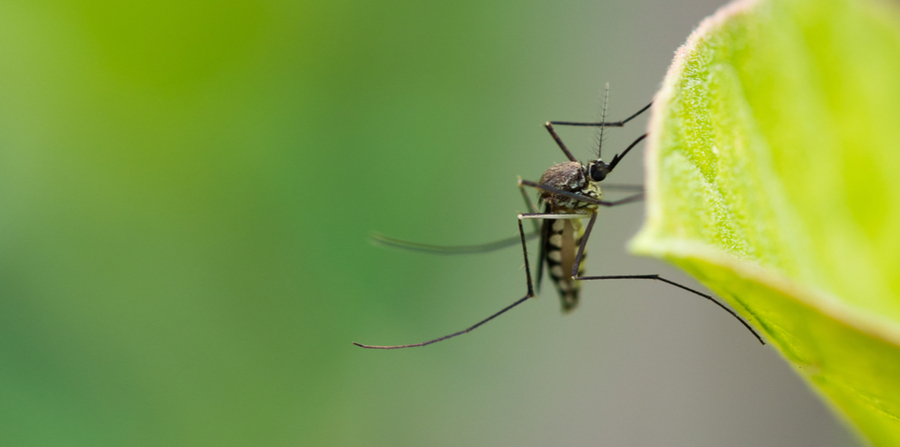
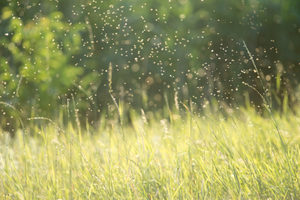 The primary factor that determines when mosquitoes reach peak activity is the
The primary factor that determines when mosquitoes reach peak activity is the 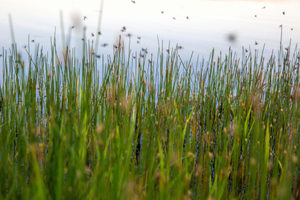 Although they can live just about anywhere,
Although they can live just about anywhere, 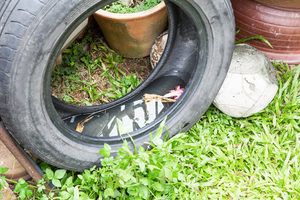 Mosquitoes can hunt anywhere, but they only live where they have a reliable source of water. If you can keep them from getting that water, you won’t have to
Mosquitoes can hunt anywhere, but they only live where they have a reliable source of water. If you can keep them from getting that water, you won’t have to 